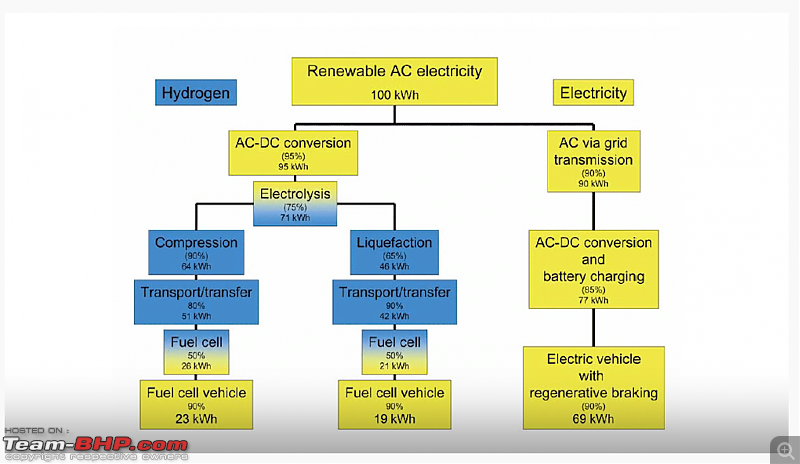| | #1 |
| BHPian Join Date: Aug 2019 Location: New Delhi
Posts: 147
Thanked: 347 Times
| |
| |  (35)
Thanks (35)
Thanks
|
| |
| | #2 |
| BHPian Join Date: Mar 2008 Location: Southern Calif.
Posts: 803
Thanked: 5,053 Times
| |
| |  (7)
Thanks (7)
Thanks
|
| | #3 |
| BHPian Join Date: Aug 2019 Location: New Delhi
Posts: 147
Thanked: 347 Times
| |
| |  (1)
Thanks (1)
Thanks
|
| | #4 |
| Team-BHP Support  | |
| |  (4)
Thanks (4)
Thanks
|
| | #5 |
| Senior - BHPian Join Date: Apr 2016 Location: Hyderabad
Posts: 1,037
Thanked: 6,113 Times
| |
| |  (24)
Thanks (24)
Thanks
|
| | #6 |
| Senior - BHPian Join Date: Dec 2008 Location: 144022
Posts: 1,263
Thanked: 3,418 Times
| |
| |  (4)
Thanks (4)
Thanks
|
| | #7 |
| Senior - BHPian Join Date: Jun 2015 Location: Chicago
Posts: 3,002
Thanked: 6,919 Times
| |
| |  (2)
Thanks (2)
Thanks
|
| | #8 |
| Distinguished - BHPian  Join Date: Jan 2010 Location: TVPM
Posts: 4,394
Thanked: 15,293 Times
| |
| |  (3)
Thanks (3)
Thanks
|
| | #9 |
| BHPian Join Date: Apr 2017 Location: Mumbai
Posts: 244
Thanked: 1,402 Times
| |
| |  (2)
Thanks (2)
Thanks
|
| | #10 |
| Team-BHP Support  | |
| |  (2)
Thanks (2)
Thanks
|
| | #11 |
| Senior - BHPian Join Date: Aug 2012 Location: Hyd
Posts: 3,749
Thanked: 7,719 Times
Infractions: 0/1 (7) | |
| |
| |
| | #12 |
| Team-BHP Support  | |
| |  (5)
Thanks (5)
Thanks
|
| | #13 |
| Senior - BHPian Join Date: Feb 2010 Location: Wellington
Posts: 3,285
Thanked: 6,047 Times
| |
| |  (1)
Thanks (1)
Thanks
|
| | #14 |
| BHPian Join Date: Jul 2019 Location: London
Posts: 235
Thanked: 563 Times
| |
| |
| | #15 |
| Senior - BHPian Join Date: Apr 2016 Location: Hyderabad
Posts: 1,037
Thanked: 6,113 Times
| |
| |  (5)
Thanks (5)
Thanks
|
 |
Most Viewed








